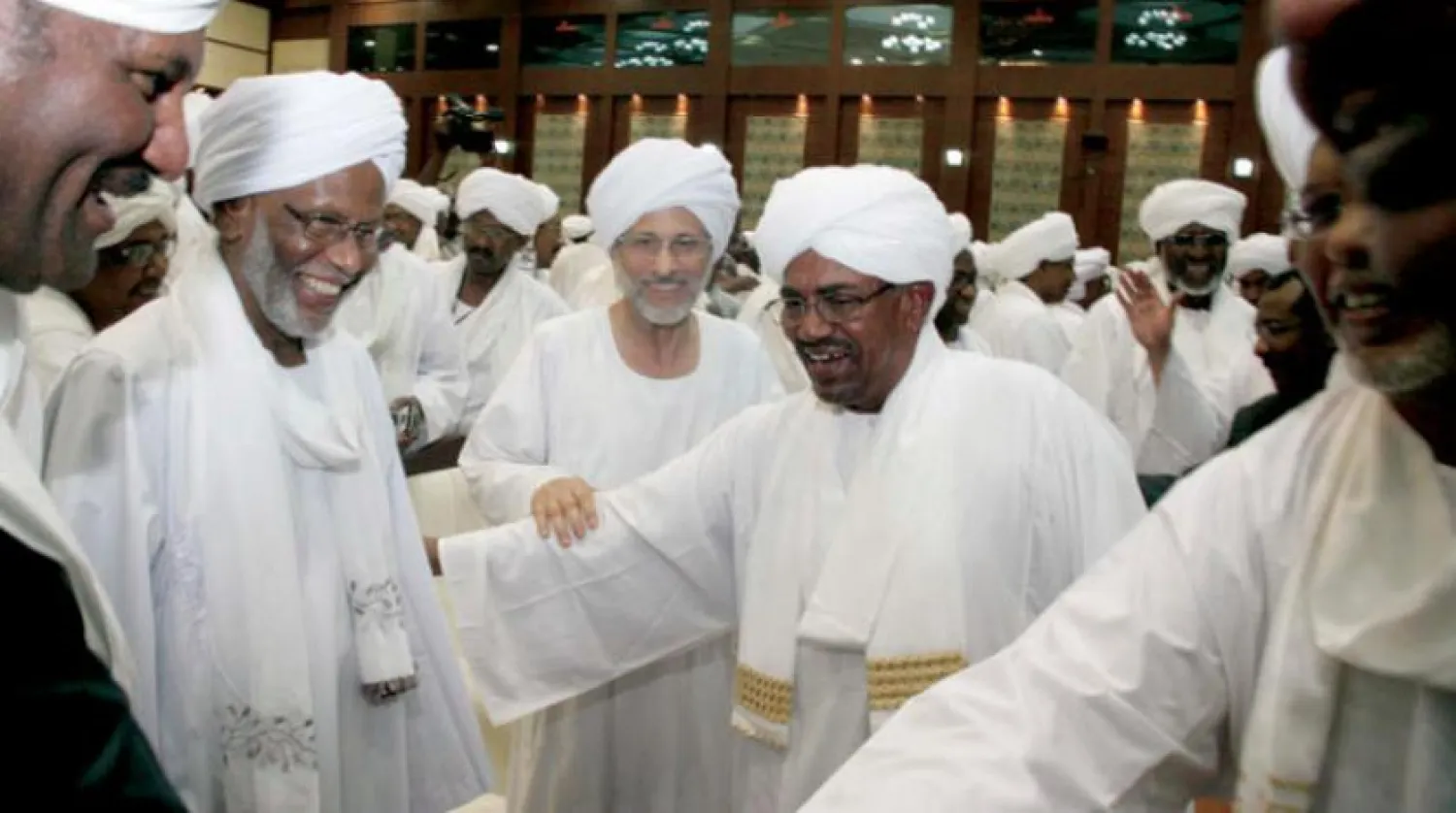About a year after the fall of the Muslim Brotherhood’s rule, which lasted for nearly 30 years, many Sudanese believe that the Islamist regime is still in place. They are accused of maintaining control through cadres who have positions in important and strategic institutions and of hindering these institutions’ ability to function.
Despite the recent decisions to dismantle the regime and to prosecute corrupt Islamist leaders and those who committed crimes against the Sudanese people, most of their leaders are still at large. Some go as holding them responsible for the crises that the country is going through, such as the fuel and bread crises, traffic congestion and rampant smuggling of strategic goods.
“The Islamists still exist and control the facets of power and money and even hope to a return to power," Salah Manna, a leader in Freedom and Change and spokesman for the Committee for Dismantling Ingaz (Salvation) Regime told Asharq Al-Awsat.
He explains "their attempts to thwart the transitional authority are constant. Not a single day has gone by without a conspiracy."
He referred to an incident where security authorities seized explosives in Khartoum. But Manna affirmed the government's ability to "eliminate them, undo their influence and restore the Sudanese state from them."
He believed that "the crimes they committed during their 30 years in power ended their prospects of a political future in Sudan forever, and the state will not allow for parties to be founded on religious grounds again."
The leaders of the Popular Congress Party, founded by Dr. Hassan al-Turabi, refute accusations that they are behind the crises. They say that it is "the natural result of the failures of the leftist government led by the Communists and the Baathists, and it has nothing to do with Islamists."
Bashir Adam Rahma, the party's designate general secretary, tells Asharq Al-Awsat: “We have nothing to do with what is happening. The policies of the ruling leftist groups are what caused the crises and led to the cessation of foreign aid, which they would have received had they pursued moderate policies”.
Regarding smuggling, Rahma says "smuggling to neighboring countries is an old problem and needs to be dealt with. If the government does not implement foreign agendas, it will not be supported."
He defended his party’s participation in ruling the country before the regime’s fall, noting that “we contributed to ... exposing financial corruption in the cabinet and parliament, which tarnished the image of the regime and encouraged the Sudanese take to the streets”.
Rahma admitted that the Salvation Front regime, which his party participated in during its early stages, was corrupt. "We have apologized for participating in the 1989 coup dozens of times.”
For his part, the defected Islamist and head of the Reform Now Movement, Ghazi Salah al-Din al-Atabani, is reluctant to hand over al-Bashir. And he says: “When I participated in the Doha negotiations, we reached an acceptable solution that was national and achieved justice... We reached a formula accepted by the international community (stipulating that) anyone who was harmed may submit his complaint against whoever is responsible, including the president. As for a national trial, but under international supervision, and I am committed to this agreement that brings justice, takes the suffering that was incurred into account and quells the fears of those who claim that this calls for international interference.”
With regard to their electoral prospects, al-Atabani expects that, if elections are held on time, they will receive 20% of the votes, from a bloc he called “hardcore Islamists”, “who represent between 20 and 25% of the population.”
Former analyst Abu Dhar Ali Al-Amin does not see an opportunity for the Islamists to come together. "Thirty years of rule have divided them, they now lack a unifying ideology, and there is no leader able to unite them.”
He explains that the future of political Islam movements “faces many hurdles in the short and long term."
"They still refuse to acknowledge that they lost a strong and coherent organized movement that had been uniting them, and that they lost power. For this reason, they continue to act arrogantly, use the same language and allow the same people to lead them.”
















